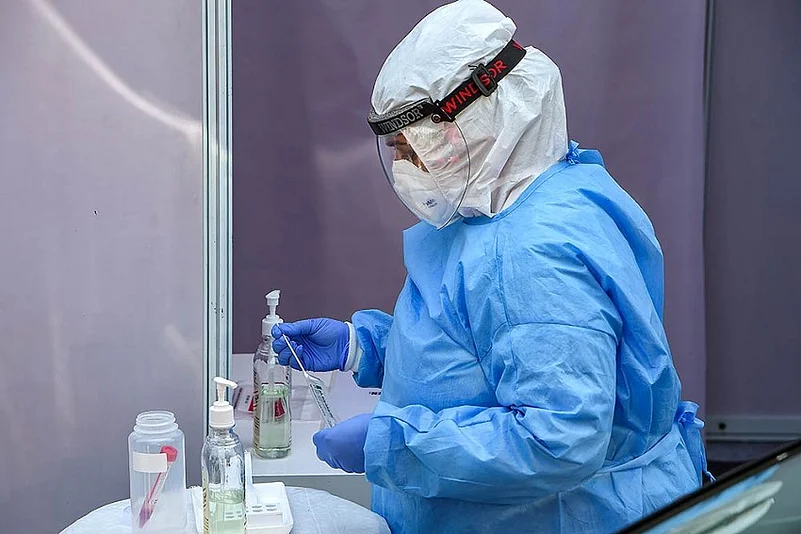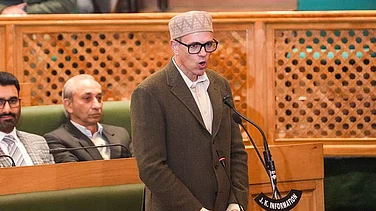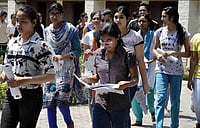A fortnight after the Union Ministry of Home Affairs reduced the cost of RT-PCR test in Delhi from Rs 4,500 to Rs 2,400 on June 17, private sector laboratories say they have started suffering financial hardships as the decrease in testing price is impractical.
At present, each state has fixed its own price which ranges between Rs 2,000 to Rs 2,400. When private labs were allowed to conduct Covid-19 tests on March 26 for the first time, the Indian Council for Medical Research had fixed Rs 4,500 as the price for each RT-PCR test across the country. Private sector labs say that price fixation was done after government labs, including National Institute of Virology, had a few weeks of experience of conducting these tests themselves.
“Availability of kits has improved from the situation existing beginning of April, and PPE and mask costs have come down, and thus there can be a reasonable agreement to relook at the initial price cap and bring that down in line with actual costs,” Arindam Haldar, CEO, SRL Diagnostics, said.
He added, “We should also keep in mind that there are associated costs like data entry, supervision and logistics, which have all gone higher than the initial estimates. So, in summary, a new and lower price should be fixed by the government which has to be reasonable.”
Dr Harsh Mahajan, a Padma Awardee and Founder of Mahajan Imaging, admits that some input costs have gone down in the past few weeks due to increase in product and availability of various components, however, he feels that costs of many other components remain the same and Rs 2400 price may still work if the samples are delivered to the testing labs and if volumes are high.
“The cost goes up if samples have to be collected by the labs that includes additional manpower, PPE, vial transport medium, transportation, etc. In this scenario, labs would incur losses on every test done, and hence test lesser,” Mahajan, who is also Senior Vice President of private health service providers’ body, NATHEALTH, said.
Ameera Shah, Promoter & Managing Director, Metropolis Healthcare, says, "By capping the prices at a very low level, private labs who have been at the forefront in this pandemic are forced to incur losses, making it unviable for all labs across the country. This not only affects the capacity of COVID testing but also has a negative influence on non-Coivd tests because of the losses incurred.”
According to the Ministry of Health and Family Welfare, ICMR has so far approved a total of 1,056 laboratories for COVID-19 testing. Of these, 764 labs are in the public sector and 292 are in the private sector. Currently, there are three approved technologies for conducting the confirmatory test for COVID 19: TruNAT, GeneXpert (CBNAAT), and RT PCR test. Both TruNAT and GeneXpert incur high costs and the price per test is expensive.
Private sector labs have also demanded the following steps to be taken if the government wants to fix the cost of RT-PCR test:
Given that the input costs across the country are similar, there should be a central body deciding on what should be the new pricing across the country, and it should not be left at the behest of each state.
While the government has reduced the test price they haven’t capped the price of the inputs.
Corollary to that, some of the inputs have tax components that are very high (as high as 18%) and the government should look at making this tax free.
While test cost is one, the other aspect is the collection. The government should assign a reasonable amount for collection from hospitals or home, when applicable.
“If we can take the above points into consideration, we believe that there could be a win-win solution for all, and the public can get quality healthcare at a reasonable cost,” Haldar said.




















.jpg?w=200&auto=format%2Ccompress&fit=max)

_550_550.jpg?w=200&auto=format%2Ccompress&fit=max)



